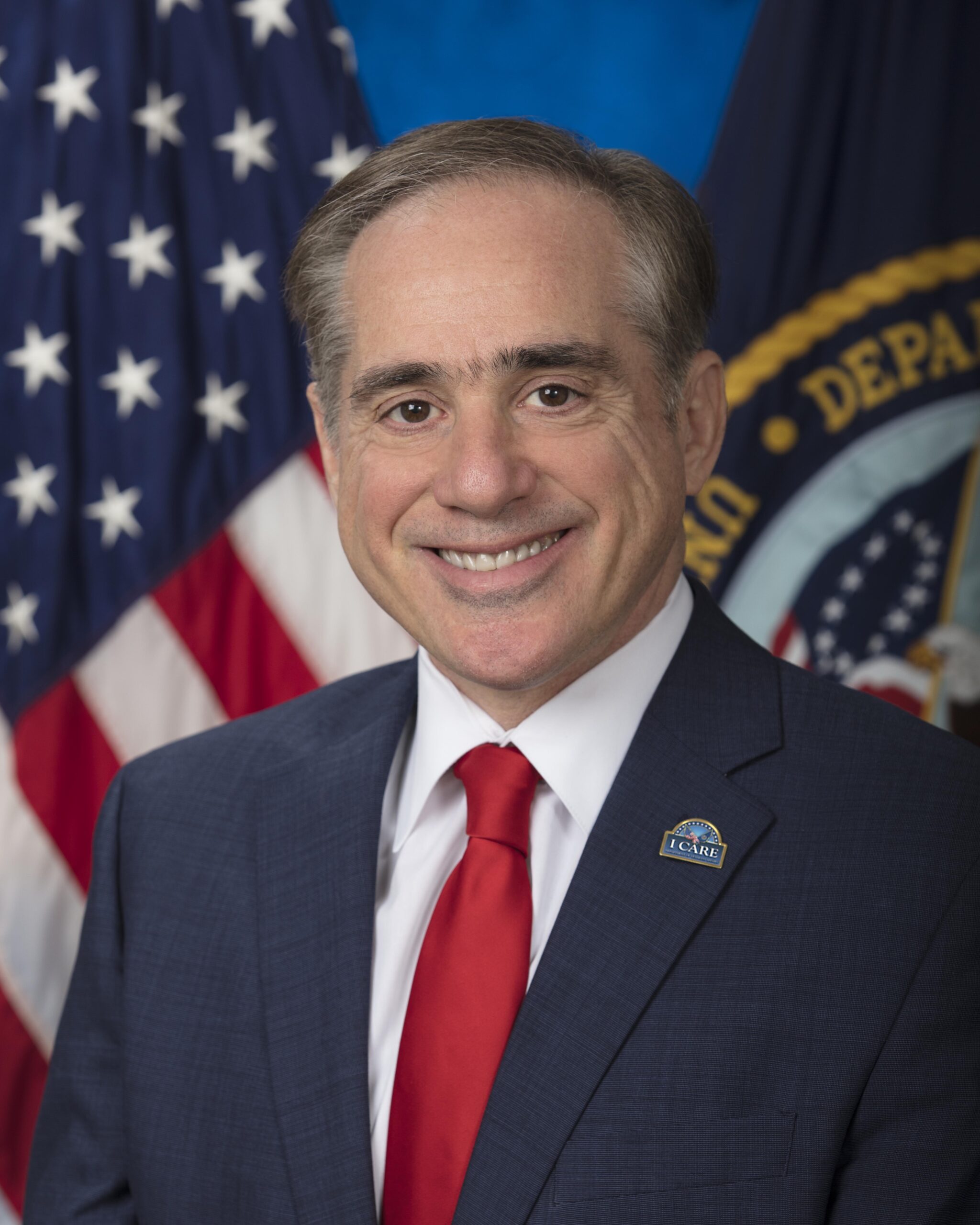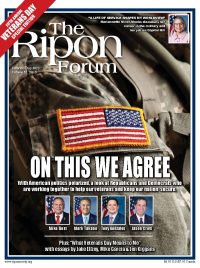
Proponents for privatizing the VA have been increasingly vocal. As a publicly funded healthcare system, VA is under constant scrutiny. Admittedly over the years it has had its share of problems, followed by calls to disband the system.
I was asked to lead the VA’s health system during one of these times, what was referred to as the “VA wait time crisis”. This began with the inability of the VA to provide adequate access to healthcare. There was little doubt that the VA was not meeting its obligation to those that had served our country.
I entered the VA after decades of running private hospitals. I understood the way healthcare organizations worked, and from my outside perspective, I could clearly see the VA was not operating well. I figured that once inside the system, the most likely option would be for me to transition the system to the free market, in other words to privatize.
But once inside the VA, I saw firsthand the unique attributes of the system, and if reformed and optimized, that the VA could meet the needs of veterans in a way that could not be replicated in the private sector. The VA’s had unique expertise in areas such as post traumatic stress, prosthetics and orthotics, rehabilitation, toxic exposures, and behavioral health. Recent data, using objective measures, has shown that VA healthcare is delivering superior outcomes to what’s available in the private sector. But even beyond this, the VA delivered care in an environment that demonstrated military competency, offered peer support, and emphasized a model of bio psychosocial support, behavioral health integration, and interdisciplinary care. None of these are readily found in private healthcare, a system that relies upon payments from traditional health insurers.
Once inside the VA, I saw firsthand the unique attributes of the system, and if reformed and optimized, that VA could meet the needs of veterans in a way that could not be replicated in the private sector.
So after running healthcare both in the private sector and in the VA, the bottom line is that I have come to firmly believe that we need a strong and vibrant VA system, and that closing this system would be bad for veterans and for our country.
At the same time, I have also come to believe that maintaining an insular government run healthcare system is not going to deliver on the type of medical care our veterans deserve. Rather we need a system that allows veterans to have options for the best of what the VA can offer, as well as the best of what the private sector can offer. Veterans should have access to a system that has the specialized expertise and coordinated care available in the VA, but they also should have access to private care when the VA is not meeting their needs. Veterans should not be stuck in a system if it is not working for them or if it is providing inferior outcomes.
We need a system that allows veterans to have options for the best of what VA can offer, as well as the best of what the private sector can offer.
What veterans need is choice and the ability to select care that meets their needs. Many veterans prefer to get their care at the VA and so this to me means that we should support a strong VA system. At the same time, we must allow veterans the choice to use the private sector when it’s in their best interests. Current legislation, with the Mission Act, has begun to allow for this. This system as it functions today is far from perfect, but the principle of “choice” is the right one. By working to evolve current access standards to more clinically appropriate criteria, and by enhancing transparency and accountability of outcomes, we can have the type of public-private partnership to best honor our commitment to nation’s heroes.
The Honorable David J. Shulkin, MD was the Ninth Secretary of the U.S. Department of Veterans Affairs in the Trump Administration and previously was the Under Secretary of Health for VA in the Obama Administration. He was confirmed by the U.S. Senate 100-0.




